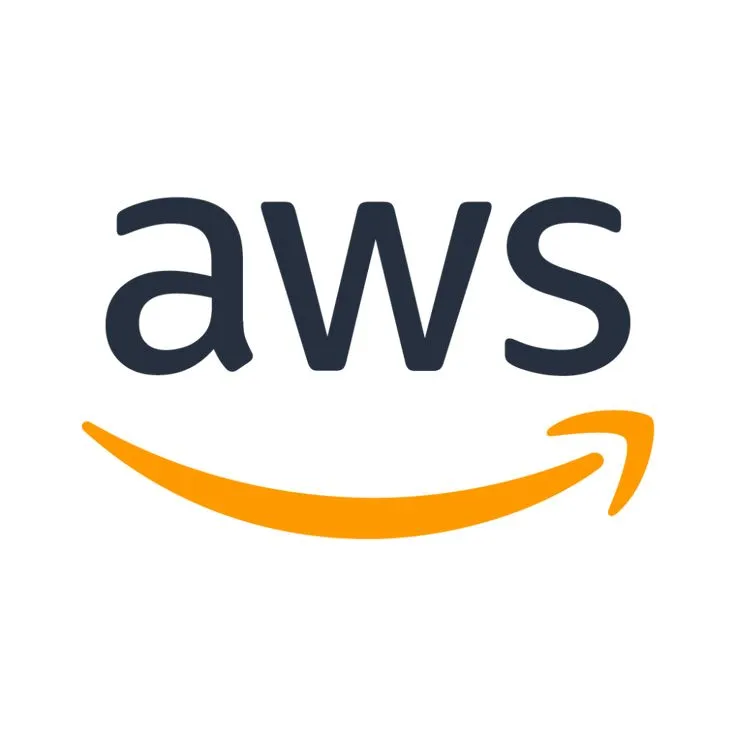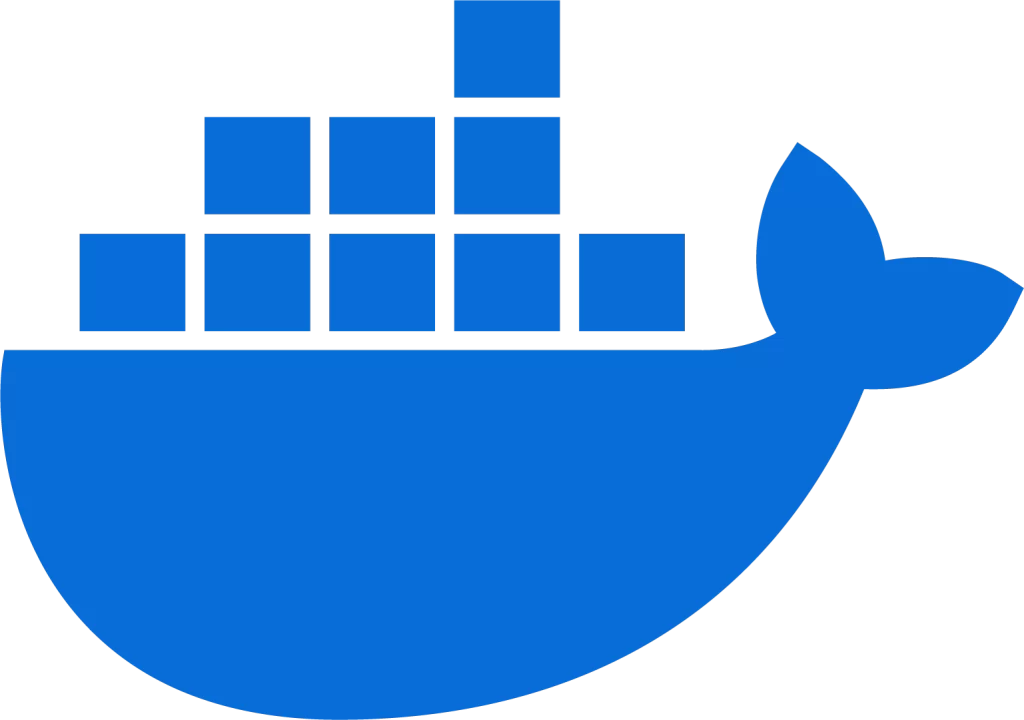- San Mateo
- Gaming
- 12 weeks
- B2C
- AWS, Docker, Kubernetes, Jenkins, Terraform, Prometheus
Project Brief
A rapidly expanding online gaming studio wants to improve its DevOps agility in order to remain competitive in the dynamic gaming market. They intended to accomplish speedier release cycles, minimise downtime during upgrades, and provide their gamers with a smooth gaming experience.
Client Background
The firm had acquired great success with its flagship multiplayer game, but deployments were sluggish and error-prone. This resulted in frequent downtime, angry gamers, and missed income possibilities.
Key Challenges:
Solution:
1. Discovery and Planning
We began a detailed review of the studio's existing development and deployment pipelines, finding blockages and possibilities for improvement. We worked with their teams to determine critical success measures such as deployment frequency, lead time to production, and mean time to recovery (MTTR). We also devised a tiered strategy to DevOps adoption.
2. Development
Our DevOps specialists collaborated with the studio's development and operations teams in automating the build, test, and deployment processes. We used Docker to containerise the game's components, which made them portable and easy to deploy. Kubernetes was utilised to orchestrate containers, ensuring effective resource utilisation and scalability. Jenkins was used for continuous delivery and integration (CI/CD), allowing for frequent and consistent releases.
3. Implementation
We helped the studio through a staged implementation strategy, beginning with small-scale deployments to evaluate the new DevOps methods. We gave their staff extensive training on the new tools and methods, establishing a culture of cooperation and continual development. We also set up a feedback loop to collect input from all stakeholders and iterate on the solution.
Tools & Technology Used

AWS
Cloud Services

Terraform
Infrastructure as Code

Jenkins
CI/CD

Docker
Containerization

Prometheus
Monitoring & Alerting
Kubernetes
Orchestration
Features:
Zero-Downtime Deployments
Blue-green and canary releases enable smooth updates without disrupting player experience.
Rapid Release Cycles
Using automated CI/CD pipelines, the studio may release new features and bug fixes many times per day.
Scalable Infrastructure
The Kubernetes-based infrastructure scales dynamically to manage peak traffic loads and optimise performance during important events.
Proactive Monitoring
Real-time monitoring and alerts enable rapid issue discovery and response, reducing downtime.
Collaborative Culture
DevOps approaches promote cooperation and shared accountability among development, operations, and quality assurance teams.


